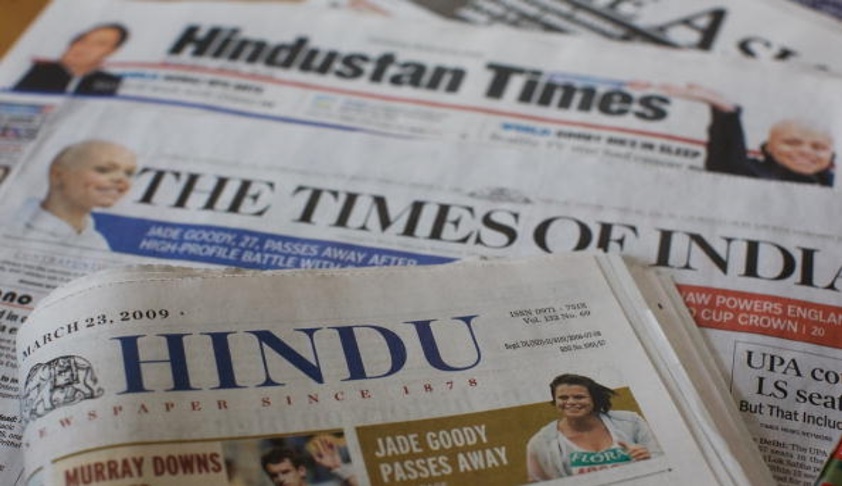Rape Victim Anonymity : Mainstream Media Violated Recent SC Directions
Manu Sebastian
22 Dec 2018 1:53 PM IST

Next Story
22 Dec 2018 1:53 PM IST
Recently, on December 11, the Supreme Court issued a slew of directions to protect the identity of victims of rape.In Nipun Saxena vs Union of India, the SC bench of Justice M B Lokur and Deepak Gupta ordered, among other things, that "In cases where the victim is dead or of unsound mind the name of the victim or her identity should not be disclosed even under the authorization of the next...
